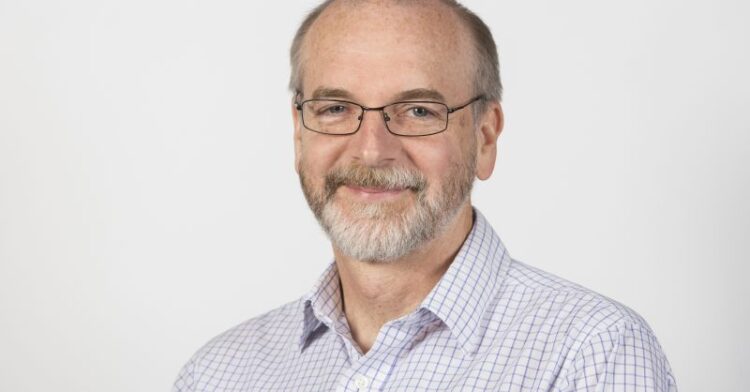By Ben Kerrigan-
Leading scientist Prof Pollard (pictured)warned that giving boosters to people every six months was “not sustainable” and fourth jabs should not be offered until there is more evidence.
Professor Pollard said it was pointless trying to stop all infections and that “at some point, society has to open up”, despite the ongoing threat from Omicron.
His comments come following news that Israel and Germany have began to administer a fourth booster, with the Uk also set to follow suit, although mainly for vulnerable people.
News of a fourth booster has increased scepticism in many circles that an extra booster will be need more than once a year as news of new variants are announced, making many to consider their earlier vaccinations pointless, and more concerning, sceptics and conspiracy theorists to become more successful in the views that there is a hidden agenda behind the vaccine initiative which is more driven towards a financial goal than it is in saving lives.
“At some point, society has to open up. When we do open, there will be a period with a bump in infections, which is why winter is probably not the best time. But that’s a decision for the policy makers, not the scientists,” he told the Telegraph.
“Our approach has to switch, to rely on the vaccines and the boosters. The greatest risk is still the unvaccinated.”
In a separate interview with Sky News, Prof Pollard said it is too early to say whether future coronavirus variants will be milder than those that emerged earlier in the pandemic.
He said: “I don’t think we can be sure at this moment that future versions of coronavirus, the sons and daughters of Omicron, will be causing mild disease.
“I think we do need more time to evaluate that, to understand why Omicron seems to be causing milder disease.”
Prof Pollard also said anti-vaccine misinformation had been a “different sort of virus” during the pandemic that had cost lives.
He said: “There’s no doubt that anything that makes anybody uncertain or hesitant about being vaccinated, particularly for those who are in vulnerable groups, puts their life at risk.
“There’s no doubt people have died because of vaccine misinformation.”
His comments come as chief executive of the NHS Confederation Matthew Taylor warned it is still too early to know Omicron’s trend.
Writing in a blog post, he said: “Although the data around Omicron is looking positive, it’s not yet reliable and won’t be until this seasonal period is truly over.”
He added: “It is only five weeks since we first heard of this new variant, and it is only now starting to affect more older and more vulnerable people. Uncertainty abounds. For example, as far as I can tell, we have absolutely no idea whether Omicron is more or less likely than earlier variants to add to the huge numbers of people dealing with Long covid.”
Despite a huge increase in coronavirus cases in recent weeks, Mr Johnson said the UK is in a better position than most other countries due to the “very, very high level of vaccination”.
However, he said despite Omicron being “plainly milder” than other variants, the NHS is under pressure due to its high transmissibility – and the public must do everything they can to help relieve that pressure by following plan B measures.
Plan B measures are set to be reviewed when MPs return to parliament on Wednesday.
Professor Sir Andrew Pollard, chief investigator of the Oxford coronavirus vaccine trials and director of the Oxford Vaccine Group, helped develop the AstraZeneca vaccine in 2020.
Asked about Prime Minister Boris Johnson’s current handling of the crisis, with his relatively light restrictions across England, Prof Pollard said: “(It) seems to be working so far. The system isn’t falling over. But it’s finely balanced.
“We can’t fully answer whether he’s got it right for some time.”
The prime minister has in the past month been heavily criticised over his handling of the pandemic after leaks of several of his ministers partying during lockdown.
However, all three lockdowns in the Uk had the backing of scientists advising the government, and the prime minister’s judgement in resisting calls for a lockdown during the christmas and new year period is generally considered to have been the best by reasonable analysts.
News that patients with the omicron variant needing ventilation has dropped supports the idea that a christmas or new year lockdown would have been a bad decision for the Uk.
Some hospitals in England claim they are becoming overwhelmed with patients suffering from Covid-19, but the accuracy of those claims have not been verified, given the past track record of many hospitals to overstate their figures.
Prime Minister Boris Johnson will lead a Downing Street press conference at 5pm today, and is set to be joined by England’s chief medical officer Sir Chris Whitty and chief scientific adviser Sir Patrick Vallance.




